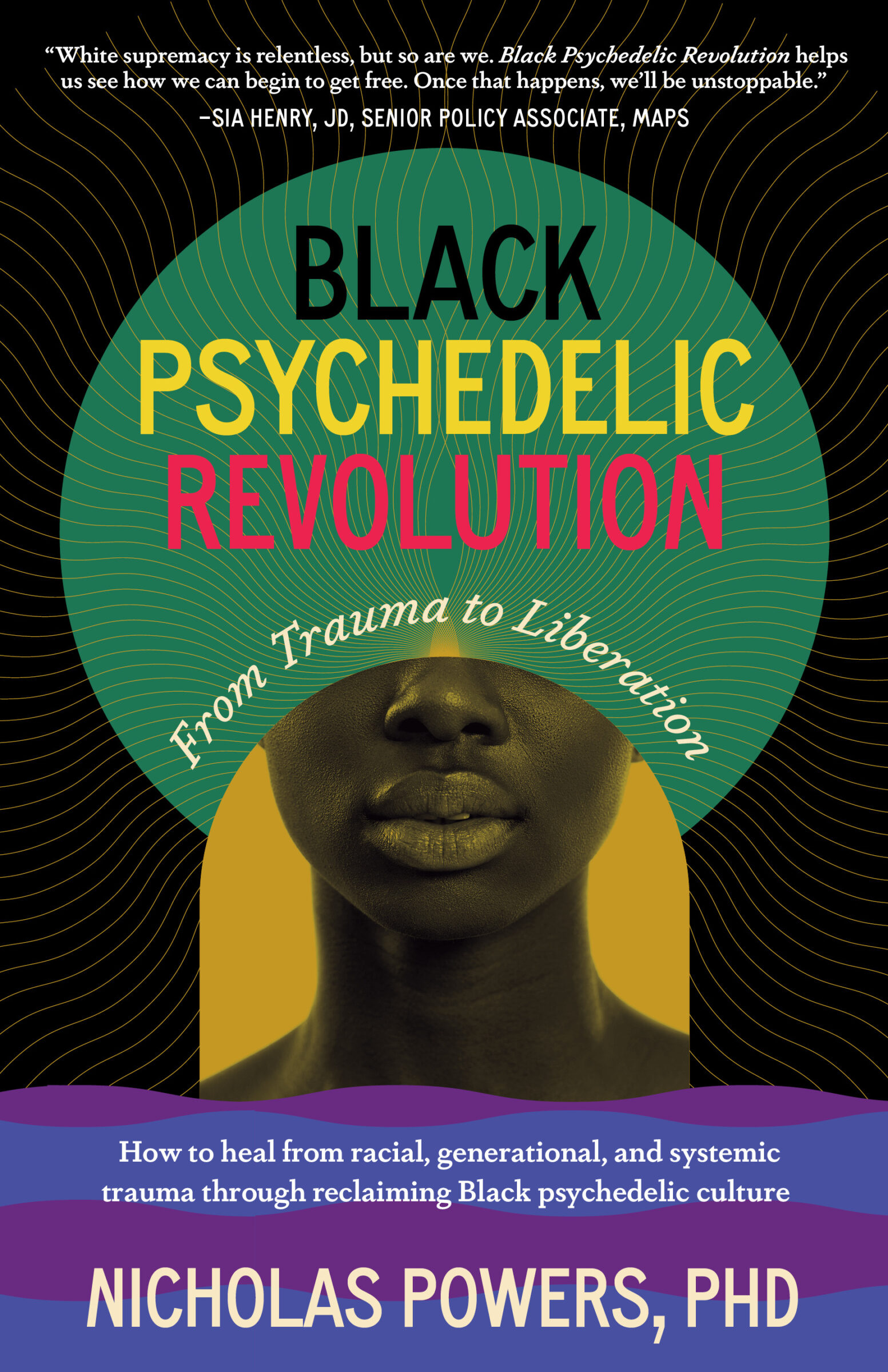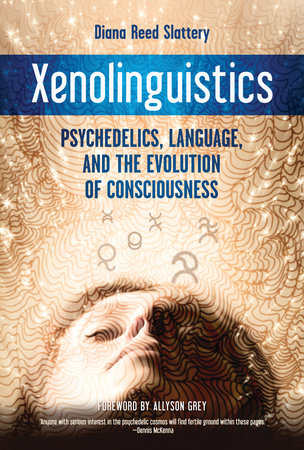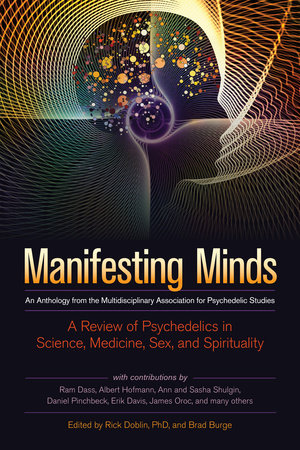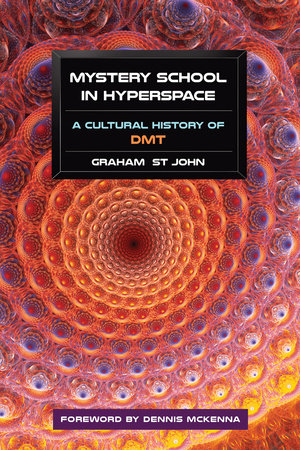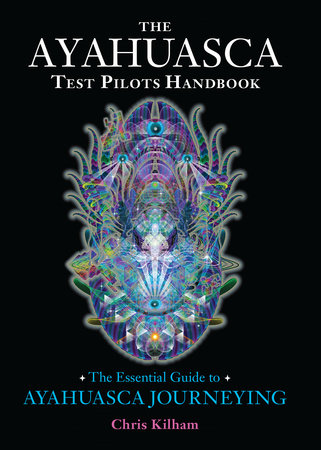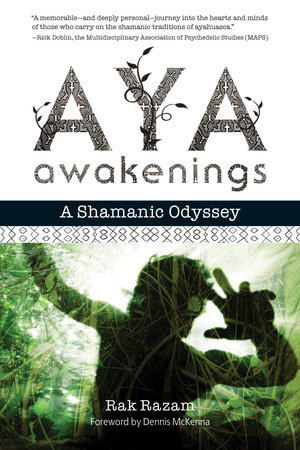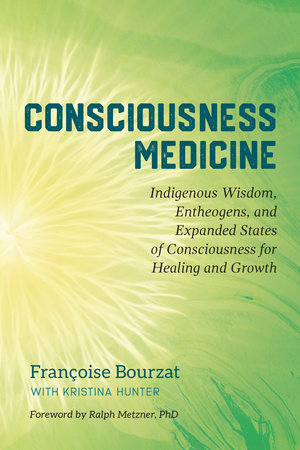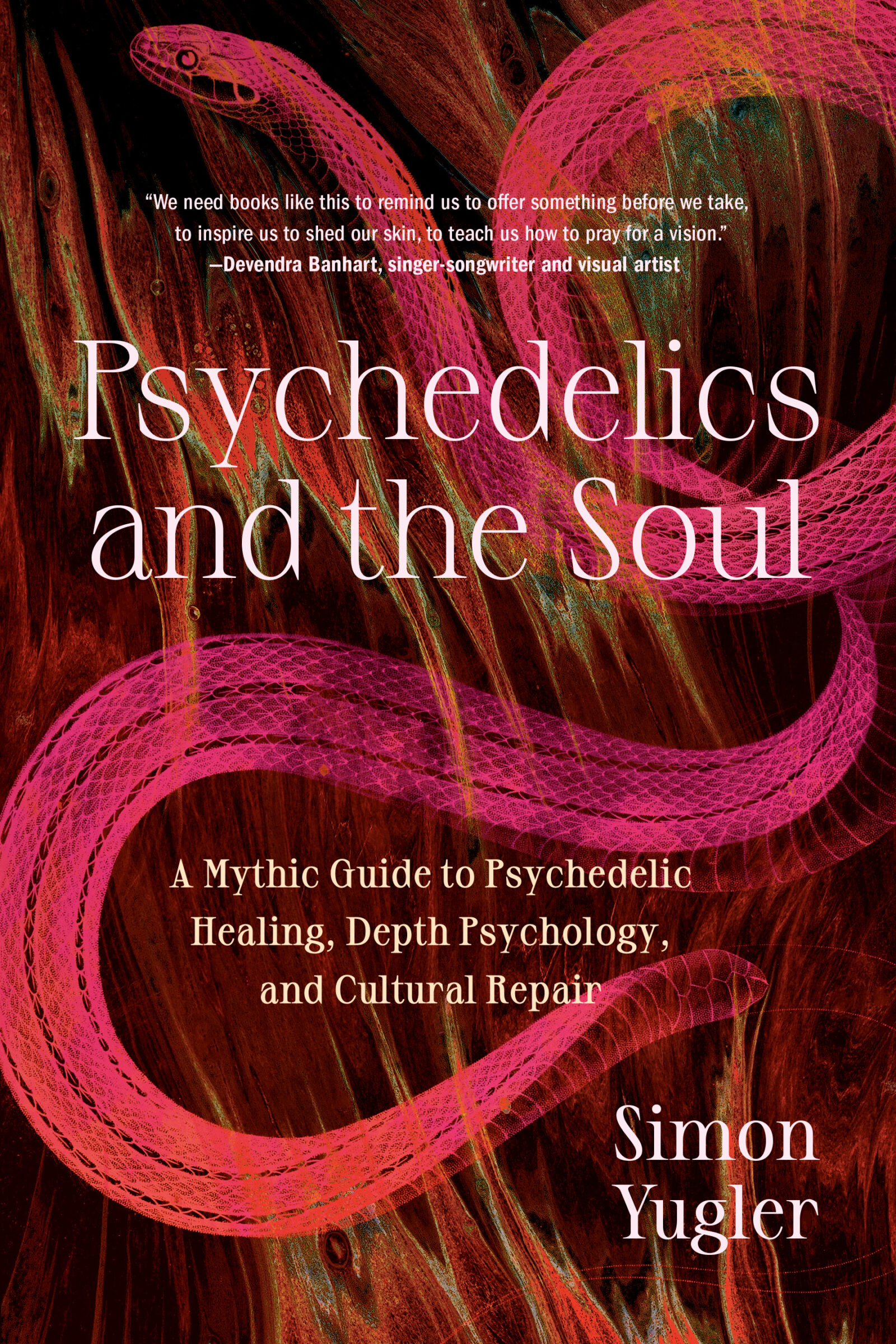Description
How psychedelics can heal historical, intergenerational, and racialized trauma—an Afrofuturistic take on Black psychedelia toward joy and liberation
The mainstream has long seen psychedelic medicine as the purview of people with privilege: money to burn, time to trip, and the social safety to experiment with drugs without risking arrest or worse. Despite psychedelics’ deep roots in Black and Indigenous cultural practices, most psychedelic spaces have excluded Black people and other People of Color. But psychedelics like psilocybin, MDMA, and ketamine are not just for a rarefied liberal elite—and they’re definitely not just for white people.
Combined with quality therapy, safe and equitable access, and full-scale societal healing, psychedelics are a shortcut to liberation, dignity, and power—the “Promised Land” as envisioned by Martin Luther King, Jr.
Risqué? Sure. But that doesn’t make it any less true.
In Black Psychedelic Revolution, Dr. Nick Powers charts how psychedelics can heal historical, intergenerational, and racialized trauma. He shows how these medicines unlock a return to one’s self, facilitating an embodied experience of safety, peace, and beingness otherwise disrupted by whiteness—and explores psychedelics’ ability to transform individual wellness even as they transcend it. Drugs taken with therapy can heal. But drugs taken with a social movement can heal a nation.
Powers unpacks how the Drug War, racist policing, mass incarceration, and community gatekeeping intersect to sideline POC—and specifically Black people—from the psychedelic movement. He moves past “making space” for Black psychedelia to assert instead the need for a full-stop reclamation and revolution: one that eschews psychedelic exceptionalism, breaks down raced and classed constructs of “good” vs. “bad” drugs, realizes true, full-scale healing, and lives into a free, strong, and independent Blackness. With an Afrofuturist lens, Black Psychedelic Revolution takes utopian politics seriously, re-centering social justice around ownership of historical trauma and giving People of Color the authority to define a new humanism.

